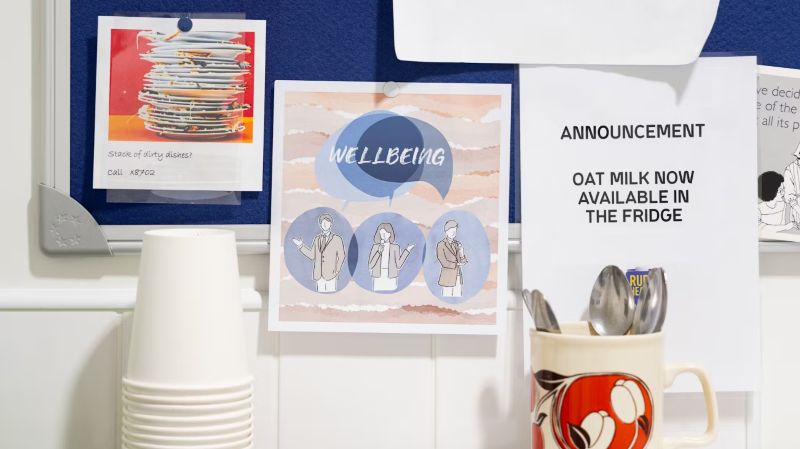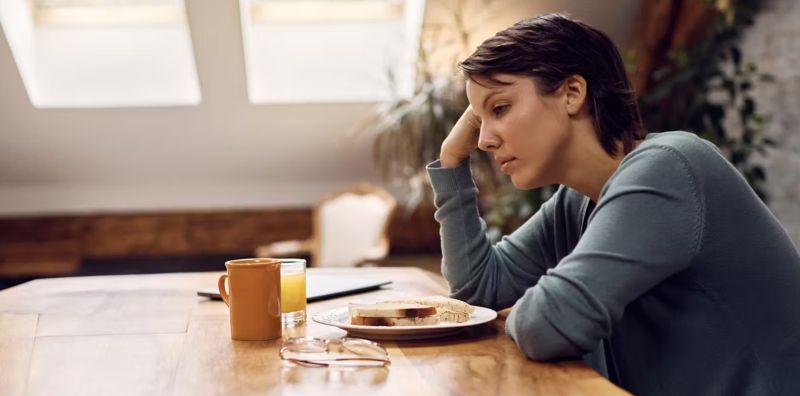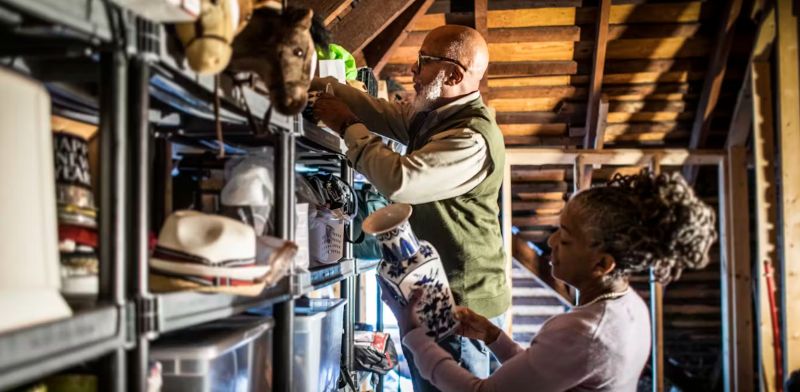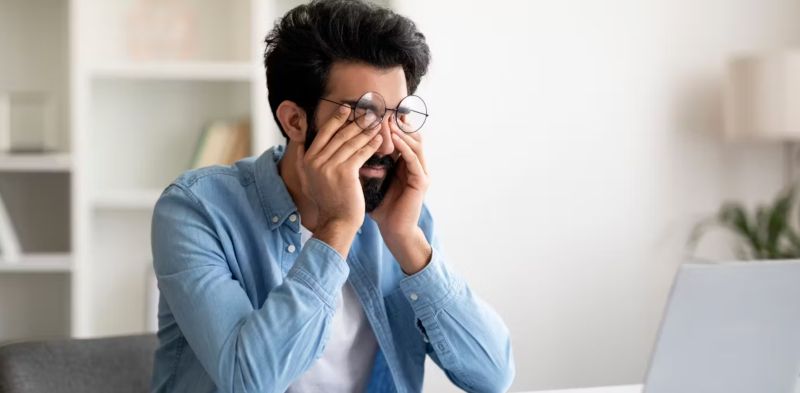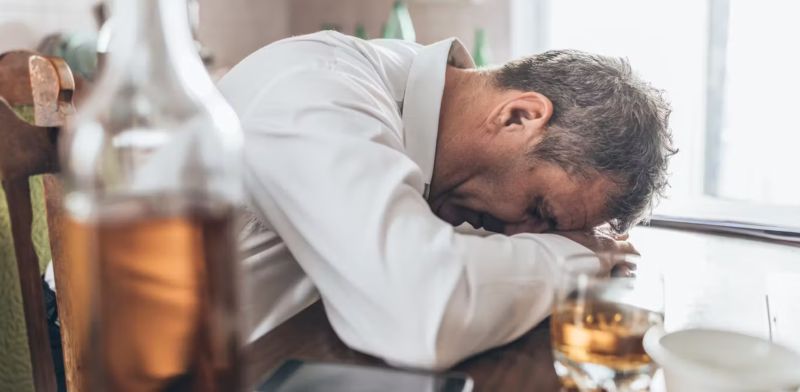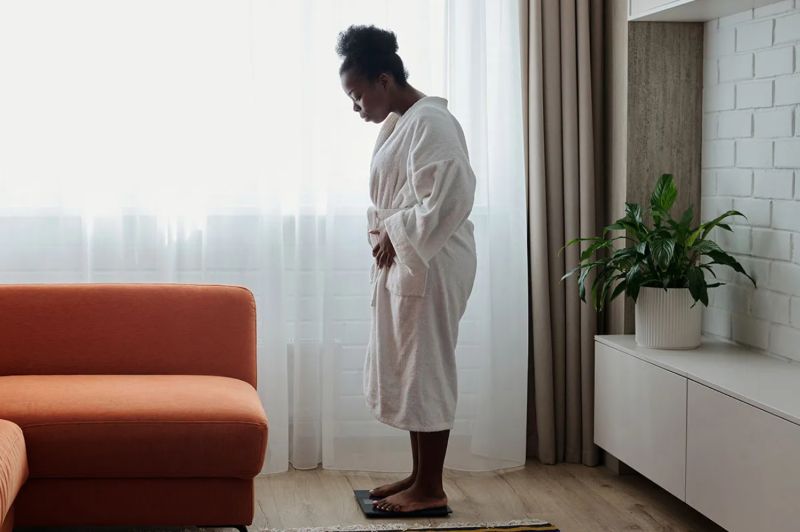
Hip-hop might seem like an unlikely go-to genre for those struggling with their mental health, but many people find the lyrics resonate with their lives. A rapper and the two scientists behind HIP HOP PSYCH explain why.

By Erica Crompton
Freelance writer

Steven Pocock
Photographer
Introduction
“I see those ‘hip-hop saved my life’ slogans around and cringe with the cliché, but secretly in my heart I honestly know I wouldn’t be alive today if it wasn’t for it,” rapper the Last Skeptik told me. “It sounds mad as a kid from Finsbury Park relating to gangsta rap.”
While north London life in the nineties wasn’t pretty, it wasn’t Compton, the California town that was home to many 1980s rappers, and notorious for its violence. But 2Pac’s bars gave the Last Skeptik escape when he felt so out of place and unsafe. He said: “Problems at school led to moving schools, and quite volatile situations that could have ended a lot different. I didn’t feel alone when I listened to rap.”
The Last Skeptik really isn’t alone when he says hip-hop has helped improve his mental health. In fact, many people with anxiety and depression have spoken out about how hip-hop has helped them. I originally made contact with the rapper when I found his email address on a free CD with a hip-hop magazine in 2009. I had become interested in the music as I was going through my first episodes of psychosis in my early twenties, and listening to hip-hop really helped.
I’ve also spoken with Dr Akeem Sule, a clinical psychiatrist, and Dr Becky Inkster, a neuroscientist, who make up HIP HOP PSYCH and together use hip-hop to reach out to people with mental illnesses. The duo say that the lyrics of hip-hop greats are filled with imagery about mental illness, addiction and overcoming struggle, which they use in mental health awareness and anti-stigma programmes in prisons, schools and youth hostels.
Recently Sule met a young guy wearing a cap emblazoned with the name of the rapper Lil Peep. Sule was able to tell the guy that he also listened to those rappers and while this particular artist didn’t represent his own taste, both Sule and Inkster are up to speed with hip-hop and its mass of subgenres. Because of this bond, the guy started to open up to Sule about what he was going through.
Some of the music that has had a profound impact on the Last Skeptik has also been explored by HIP HOP PSYCH on their YouTube Channel. This includes 2Pac’s ‘Me Against the World’ album, in particular ‘Death Around The Corner’, which the Last Skeptik says specifically made him feel like someone understood the loneliness that comes with working out who you are. He heard a man – 2Pac – talking about depression at a time when rappers weren’t really doing so. In light of the fact that 2Pac died in 1996 when he was 25, his lyrics here are poignant: “I see death around the, corner, any day; Trying to keep it together, no one lives forever anyway.” The Last Skeptik listened to this on loop every day.

The Last Skeptik
Mental Illness in a Macho Context
“What 2Pac is talking about resonates a lot with psychosis and PTSD as well as ACEs – what’s known as adverse childhood experiences in psychiatry. This is a good album for pointing to these issues,” says Inkster. And of ‘So Many Tears’, another of the Last Skeptik’s 2Pac favourites, Sule says: “It’s a very good song about depression, but it also describes depression in a macho way. It’s a guy in the context of a macho setup where people get shot, and we can hear him pouring out his emotions in a place that’s still a gang.”
The Last Skeptik says anxiety was always present in his life, but the depression, self-harm and panic attacks didn’t really start until he was around 14 years old. “That age is the toughest for young people, and kids really need an outlet – I’m so grateful it was at that time I had music,” says the artist.
More recently, of UK hip-hop artist Jehst’s ‘Falling Down’, the Last Skeptik says this whole album means a lot to him, but this song in particular (as the title suggests) feels like that moment when the whole world crashes around you, and all you can do is grind your way through it without lying flat on the floor. “Sometimes you need that extra boost from someone who knows exactly how it feels,” the Last Skeptik says. For Sule, the song is a classic case of music being someone’s medicine.

Next, Drake. Sule says he’s a much more emotional artist: “Drake says it’s OK to be vulnerable and brings that message of toxic masculinity to rest. He sings about loving someone who loves someone else.”
The Last Skeptik dealt with heartbreak by listening to a Drake track called ‘The Motion’: “I always need songs to drag me out of the darkness, specifically when it comes to heartbreak or longing, and I’ll be honest, I’m a sensitive guy with hearts all over my sleeves – and this song is so perfect.” Certain lines resonate with him particularly strongly: “The girl that I wanna save is like a danger to my health/ Try being with somebody that wanna be somebody else.”
Inkster and the Last Skeptik both find Lauryn Hill’s ‘I Gotta Find Peace of Mind’ a good track for relating to heightened emotions, and the singer expresses this through her voice. Inkster says: “It is the singer’s prosodic inclination – the way her voice carries emotions through voice inflections. You can tell the truth of what someone is feeling in the way it’s sung and how she uses her voice.” The Last Skeptik likes the track very much, too, adding: “I like the way she tears up while performing this song.”
Mindfulness and self-acceptance
Finally, some hip-hop artists can even help their listeners to practise mindfulness with their music. The Last Skeptik cites artist Mos Def’s ‘Umi Says’ as an influence. “I have always struggled staying in the present, panicking about the past or future, and his lyrics on this remind me to keep pushing forward, but always keep my feet grounded in the moment now – and keep focusing on the breaths.”
Inkster agrees this song highlights the importance of living in the moment, and that the lyrics make for great mindfulness techniques that can help some people living with anxiety. “You call it mindfulness; I call it having a good time,” concurs Sule.
Hip-hop can and does help people to cope with mental illnesses. As artist Erykah Badu rhymes on her ode to the musical genre: “Whenever I got lonely or needed some advice/ He gave me his shoulder/ His words are very nice.” She’s talking about hip-hop: this type of music is the love of her life. It neatly summarises how many people learn to accept their depression, anxiety and vulnerabilities with the different sub-worlds of hip-hop, which will continue to evolve long after we are gone.
Originally published by Wellcome Collection, 10.28.2019, under the terms of Creative Commons Attribution 4.0 International license.
